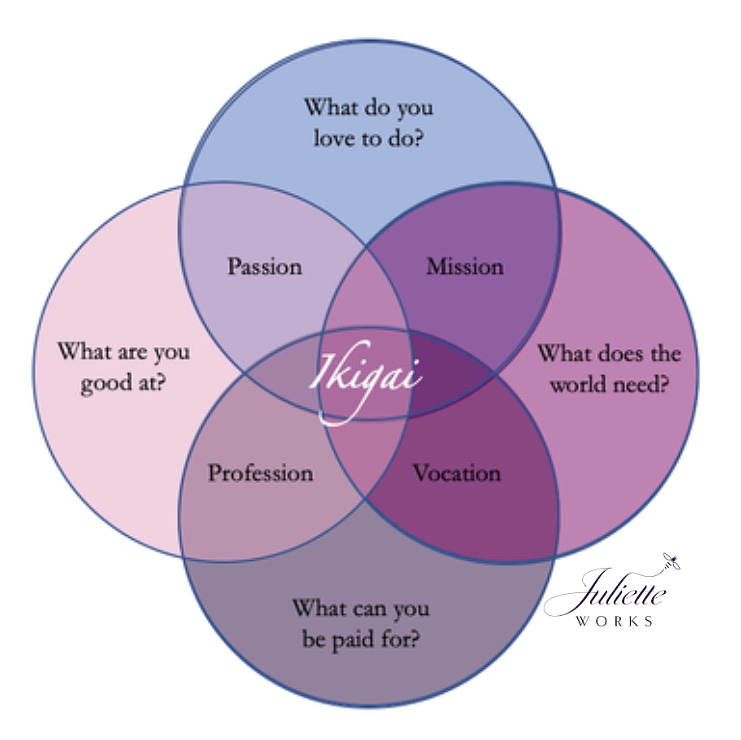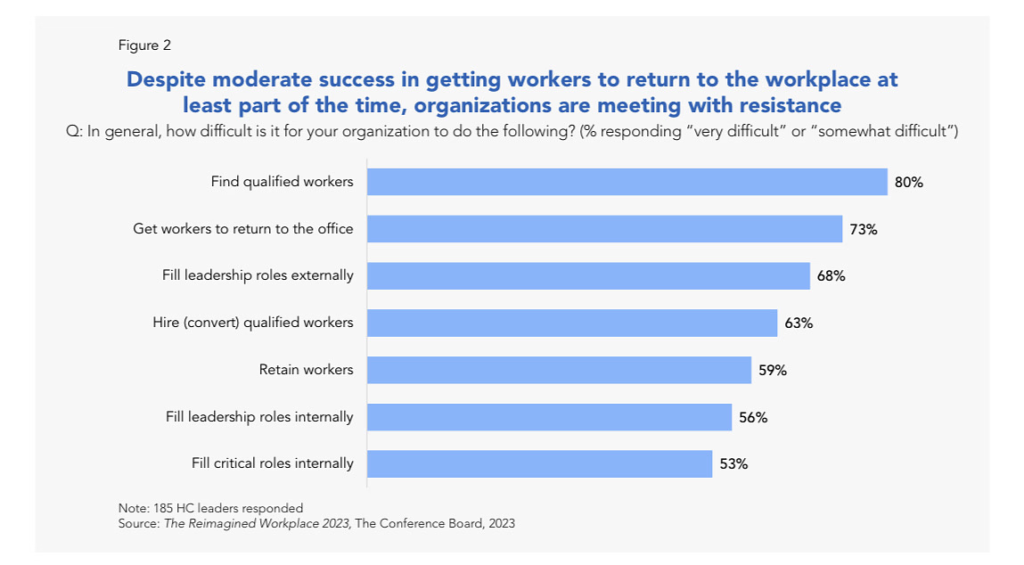You will not hear me say, “find your purpose.”
That’s because I believe we all have the same purpose and it is to explore who we are as individuals and try to make sense of our place in this complex world.
A simple yet challenging common purpose.
People often think that having a purpose means you need to have some lofty, world-changing personal mission that impacts millions of people in measurable ways.


You don’t. Or at least not everyone does.
For some people (Group 1), who they are and how they can best make sense of their existence on this planet means they need to be an activist or a philanthropist or a life-saving researcher or a radical innovator.
For others (Group 2), it is more one-on-one in nature. First, about connecting with yourself, and then with another person, and another, and another, until you start to build a picture of who you are and the fingerprints you are leaving on the world.
People in both these groups, and along the continuum between them, can find success and fulfillment, the more important issue is to make sure you enjoy the journey, regardless of which approach is right for you.
For Group 2, the pressure from thinking you are supposed to be in Group 1 can create a great deal of stress. We may feel that our worth comes from the number of people we impact and how measurable that impact is — that we are somehow lesser if we are not transforming the world in big, bold ways. That’s just nonsense.
If we want to find a valuable lesson from the COVID pandemic it could be this — even casual contact with another person can spread something from a community, to a country, to the globe, and fairly rapidly.
The number of interactions we have on a daily basis create an endless opportunity to “infect” others with our individual formula of humanity.
The more human connections we make with each other, the more practice we get being our fullest selves and the more clues we receive for the driving philosophical questions “who am I and why am I here?”
In the 1980’s Heather Locklear was in a commercial for the shampoo brand Fabergé Organic where she said, “when I first tried (this shampoo) it was so good I told two friends, and they told two friends, and so on, and so on, and so on.”


My suggestion is that people ditch trying to “find their purpose” and instead focus on living on purpose, with intention, fostering curiosity, and appreciation, one person at a time. If that leads you to large-scale mission-driven work then so be it, if not, start by telling two friends how good your shampoo is.
From the Executive Maven Toolkit
This issue’s tool is Ikigai, the Japanese word for “reason for being” and one of the many longevity secrets of the centenarians of Okinawa.
I consider it a better alternative to “finding your purpose” as it helps you build a life complete with mission, passion, vocation, and profession.
A lot of you have seen this tool, but haven’t sat down to complete it yourself. It is one of the simplest ways to do some self-discovery and map your connectivity to the world.
Give it a try and let me know how it goes!


From Elizabeth on LinkedIn
My most popular post in the last two weeks was my announcement of being accepted as a member of The Upside, a co-operative of B2B consultants who work together to grow their businesses. Thank you for all the congratulations, but since this post was about me I’d like to share my second most popular post as well.
I spotlighted Greyston Bakery for the Open Hiring practices last week and it resonated with so many people. We can and should be more innovative and open-minded in our hiring practices. Here is link to the post so you can read more about them.


Research and Expert Resources
The 2023 Reimagined Workplace research report from The Conference Board shared HR Leaders top 3 current challenges:
1. Finding qualified workers (80%)
2. Getting people back to the office (73%)
3. Filling leadership roles externally (68%)


The report also highlights the double bind HR is currently facing. Those companies implementing cost-cutting measures to improve the financial health and security of the organization are having knock-on negative impacts to the mental health and security of their employees.
- 46 percent reported a decrease in employee mental health compared to six months ago.
- 37 percent reported a decrease in sense of belonging/inclusion.
- 36 percent reported lower levels of employee engagement.
The report shares some of the creative solutions organizations are implementing to create more employee flexibility in an attempt to address the talent acquisition and employee engagement challenges.
You can read The Conference Board’s full report here.
Links and Resources
All the photos of Juliettes in this newsletter were created by me using Generative AI.
If you’re interested in learning more about how to use GAI check out the Bootcamp I did with Lori Mazor here.

